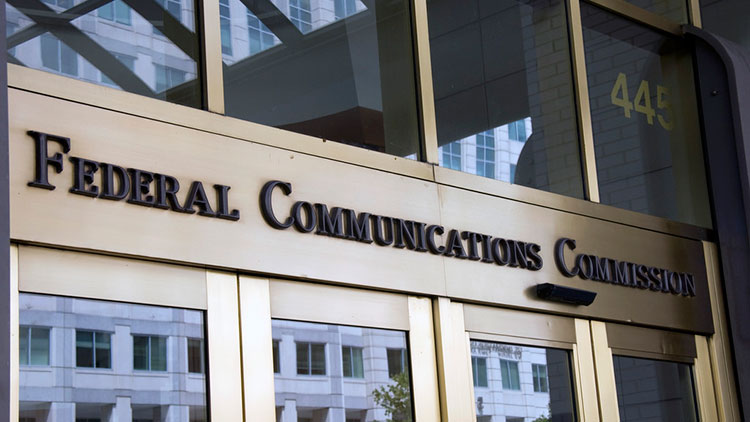Once and Always Free

The smarter way to stay on top of broadcasting and cable industry. Sign up below
You are now subscribed
Your newsletter sign-up was successful
As FCC Chairman Tom Wheeler prepares to exit the FCC at the end of next week, he took to the Huffington Post to wax historical about the destabilizing impact of technological innovation.
"The world has gnawed away at the underpinnings of social and economic stability," he wrote in an op ed this week, "from attacking traditional jobs [check] to the ever-increasing prices for once-fee television."
Come again? Having been covering broadcasting since television was a grainy cat on a glowing tube, we have to note that the ever-increasing prices have been for never-free TV, while "once-free" TV remains so.
That is the reason cords are being cut and broadcasters are trying to get the FCC to recognize another facet of that technological revolution and let them start rolling out a new, interactive, broadcast transmission standard.
Yes, prices are rising, for cable and satellite TV now offering hundreds of channels of "golden age" programming at pennies apiece, and now that broadcasters are getting cash for carriage.
But free, over-the-air TV is "same as it ever was" in terms of price to the consumer--free--and is offering its own multiple channels thanks to digital technology, though the FCC is currently trying to reallocate that broadcast spectrum to a wireless industry that so far has not shown a lot of interest in girding for a coming spectrum "crisis" that seems more and more like a slogan and less and less like a reality.
But Wheeler, the amateur historian, was not off base when he talked about lessons of history and the struggles of industrialization. "[Lest we forget, that past golden age was also a period when anti-immigrant sentiment abounded, anarchists engaged in acts of terror, and political demagogues proposed themselves as saviors. Yet most Americans refused to succumb."
The smarter way to stay on top of broadcasting and cable industry. Sign up below
He called that response the true measure of American greatness. Amen.
Contributing editor John Eggerton has been an editor and/or writer on media regulation, legislation and policy for over four decades, including covering the FCC, FTC, Congress, the major media trade associations, and the federal courts. In addition to Multichannel News and Broadcasting + Cable, his work has appeared in Radio World, TV Technology, TV Fax, This Week in Consumer Electronics, Variety and the Encyclopedia Britannica.

